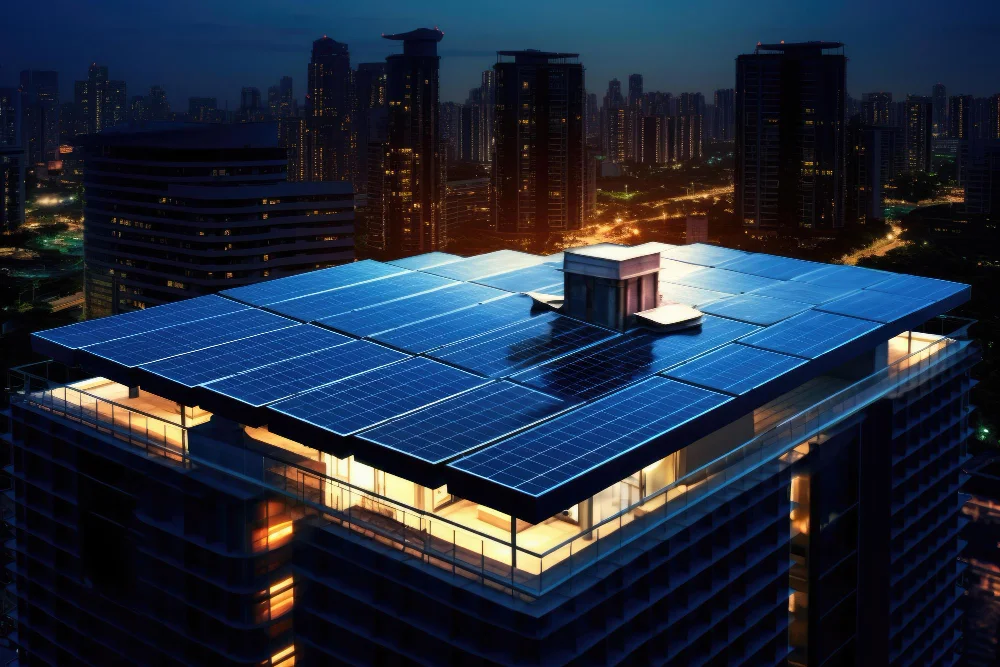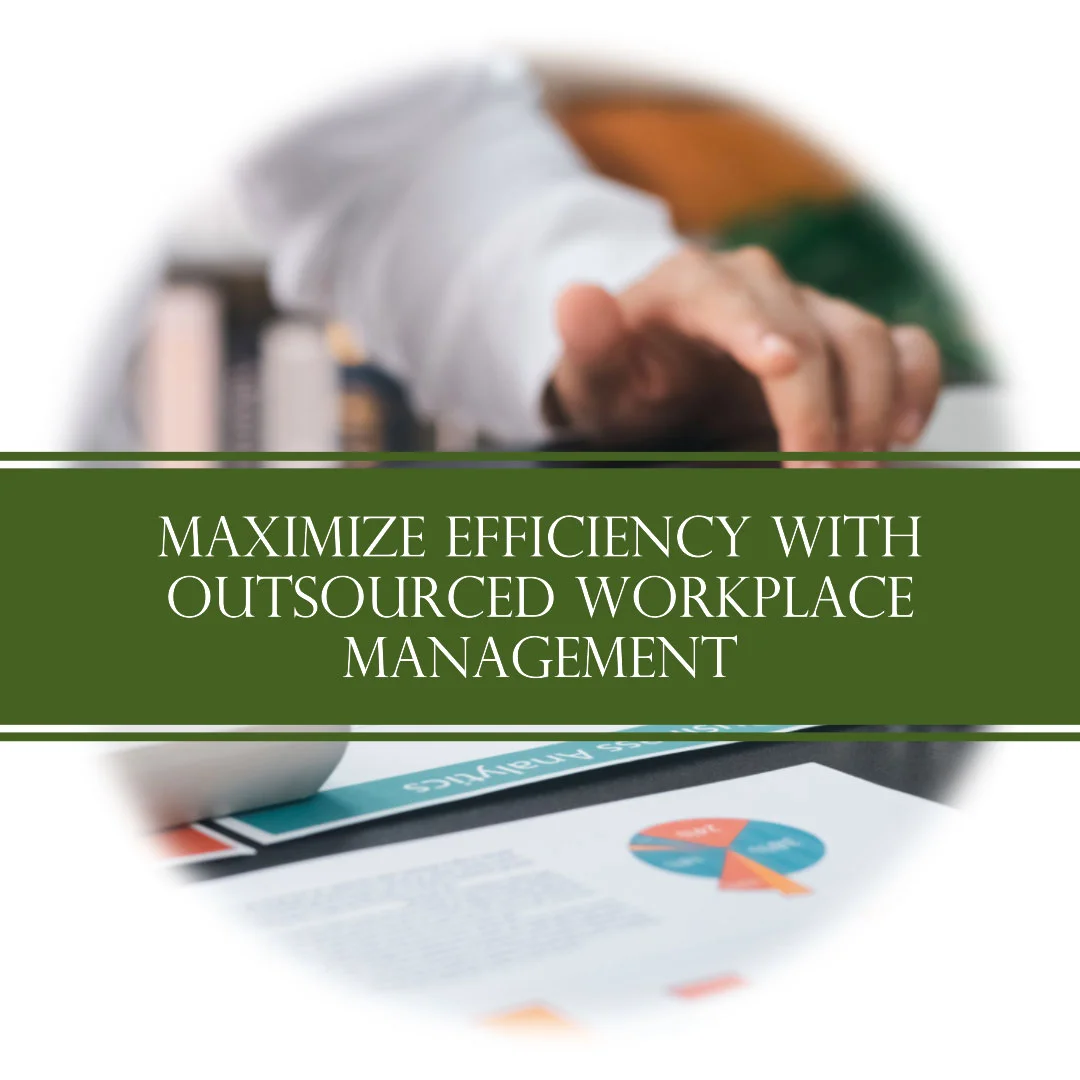Many people are curious about the benefits of solar energy. It is unsurprising because many new solar companies promise savings over traditional electricity. However, before investing in a solar system, you should understand the pros and cons of this clean, renewable energy source. It will help you determine the right option for your budget and energy needs.
Cost
Solar panels can be expensive up front, but it’s vital to remember that your investment will be worthwhile in the long run. Throughout a solar power system’s lifetime, homeowners can save an average of $10,000 to $30,000. Rooftop solar panels have lower lifecycle emissions than traditional energy sources. It makes solar a smart choice for homeowners seeking to shrink their carbon footprint and save money on electricity costs. It is possible to buy or rent solar panel systems. If you believe, you will own the physical equipment and benefit from financial incentives. Alternatively, you can buy a lease with a third party to install the panels and sell you the energy they produce monthly. Programs like net metering compensate you for your solar panels’ energy in specific locations, even when you’re not using them. But this is only available if you live in a place with supportive policies and a grid-tied system.
Energy Use
A solar energy system can partially or wholly offset your electric bill, depending on your location and the electricity used. Good solar contractors will evaluate your roof architecture, angle to the sun, and how much you can reasonably fit on your home to achieve your energy generation goals. Solar panels typically produce peak power output during hours of direct sunlight. They also experience varying energy production levels throughout the day due to weather conditions. Many solar installation companies can access your area’s estimated exposure data tables. They can help determine how much sunlight you can expect your roof to receive daily. If your rooftop doesn’t get enough direct sunlight, consider community solar or switching to a green energy plan that includes a small amount of renewable energy from wind or solar power. These plans, with the risk of living entirely off the grid, can be less expensive than installing a sizable rooftop solar array.
Long-Term Saving
Solar energy provides substantial long-term savings for homeowners — especially in areas with high electricity rates. Depending on location and other factors, homeowners may be able to recoup the initial investment within 5-7 years, saving thousands in the following decades.
Additionally, solar systems help reduce greenhouse gas emissions. As more and more people switch to solar power, the amount of fossil fuels burned will decrease significantly – helping mitigate climate change and improving air quality. With reduced technology prices, innovative financing options, and expanding networks of installers and financial partners, rooftop solar is increasingly cost-effective for households nationwide. Resurfacing your roof with solar power is an affordable way to produce clean, green energy and reduce your energy bills, especially with the federal solar investment tax credit and state and local tax rebates and incentives available in many states.
Environmental Impact
Solar panels generate renewable energy by harnessing the power of sunlight. They use a type of semiconductor called solar cells to convert the sun’s radiation into electricity. Solar energy produces its peak output during hours of direct sunlight. However, solar energy production can ebb and flow depending on the weather. Solar panel systems require a structurally sound roof. They also must be free of obstructions and ideally located to maximize solar exposure. A rooftop solar system can be integrated with other green technologies to reduce your carbon footprint. The energy required to manufacture a solar system has lower emission intensity than fossil fuels. The solar panels are made from recycled materials.


















